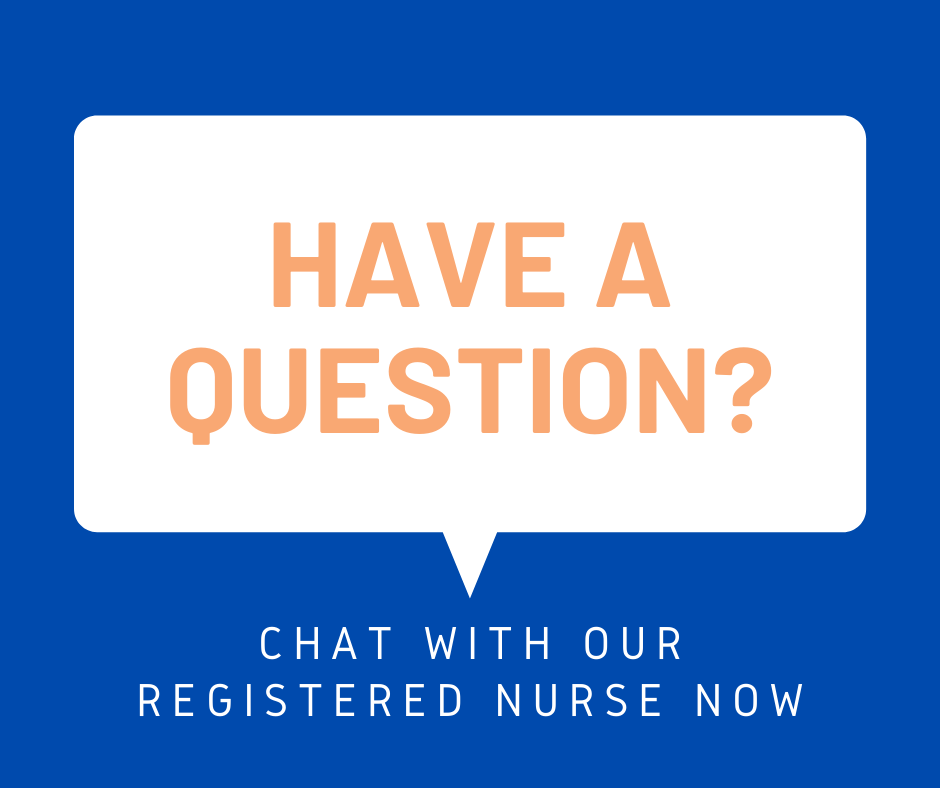The Physician-Patient Alliance for Health and Safety (PPAHS) today announced the launch of a new initiative to help Chronic Obstructive Pulmonary Disease (COPD) patients during COVID-19, empowering them to better understand their conditions and to not delay seeking medical attention. The Virtual Patient Care initiative is supported by grants from GlaxoSmithKline and 4DMedical.
The call-to-action is timely. A survey conducted in August and September of this year by PPAHS of 450 patients revealed that nearly half (47%) of those with COPD – chronic, inflammatory lung diseases that cause obstructed airflow from the lungs – or other respiratory illnesses were concerned about getting COVID-19 due to their heightened risk of contracting the virus. More than half with COPD or other respiratory illnesses reported that they had delayed or canceled their healthcare provider visits during the pandemic (51%).
Mark McEwen, best known as anchor, weather and entertainment reporter for CBS-TV’s The Early Show, encourages people to adopt a healthy lifestyle and to not medically distance themselves during this COVID-19 pandemic. “If you have an underlying condition such as COPD or Afib, I strongly urge you to continue to see your doctor or to reach out to resources such as Virtual Patient Care, where registered nurses can answer your questions and, if necessary, guide you to free or low-cost healthcare facilities,” McEwen says. “I suffered a stroke because I ignored my risk factors and my body’s warning signs. I thought that it couldn’t happen to me, but it did. I am one of the lucky ones and through extensive rehabilitation, I am able to walk, talk, and live again.”
“Early in the pandemic, public health authorities urged patients to put off elective procedures, but for those with preexisting conditions, including COPD, putting off care may lead to life-threatening situations,” said Michael Wong, JD, Founder and Executive Director of the Physician-Patient Alliance for Health & Safety. “With today’s launch of the Virtual Patient Care for COPD patients, PPAHS and its partners seek to give COPD patients access to PPAHS’s team of registered nurses, who may be able to provide answers to patients’ questions.”
According to the Centers for Disease Control and Prevention, by June, 41% of Americans reported avoiding some care due to fear of COVID-19. To provide guidance and immediate help to those living with COPD who may be avoiding medical care and facilities in response to COVID-19, the initiative will feature several useful patient tools:
- A simple online assessment will help patients gauge whether they may be experiencing a stroke or heart attack and are in need of immediate medical attention.
- A two-part, easy-to-use checklist will help patients assess whether a healthcare facility they are considering visiting has taken appropriate steps to be. COVID-safe and a list of personal steps that will help them to reduce their risk of contracting COVID or bringing it back home.
- A live nursing chat line on Virtual Patient Care will answer questions about when patients should seek medical attention.
“COVID-19 carries with it particular risks for those with COPD and other respiratory and cardiovascular diseases. These underlying conditions make our patients extremely vulnerable to the pandemic,” said Dr Jason Kirkness, Vice President Medical Affairs of 4DMedical. “A Physician-Patient Alliance for Health & Safety survey recently found that clinicians have either delayed or postponed administration of lung function tests during COVID-19. Our imaging technology provides a safe way to administer lung function testing during these difficult times.”
No medical advice, diagnosis, or prescribing will be provided as part of the initiative’s services to patients. This is a free service provided by PPAHS.

